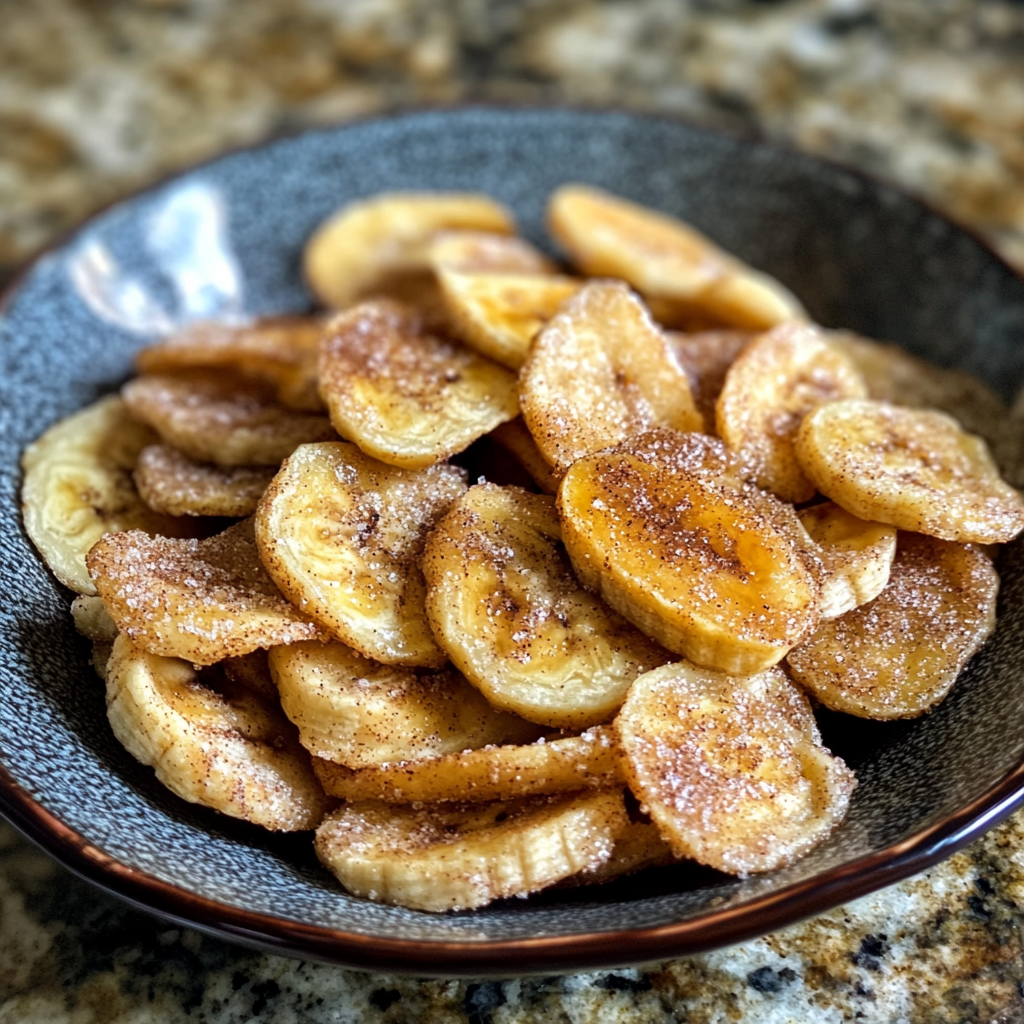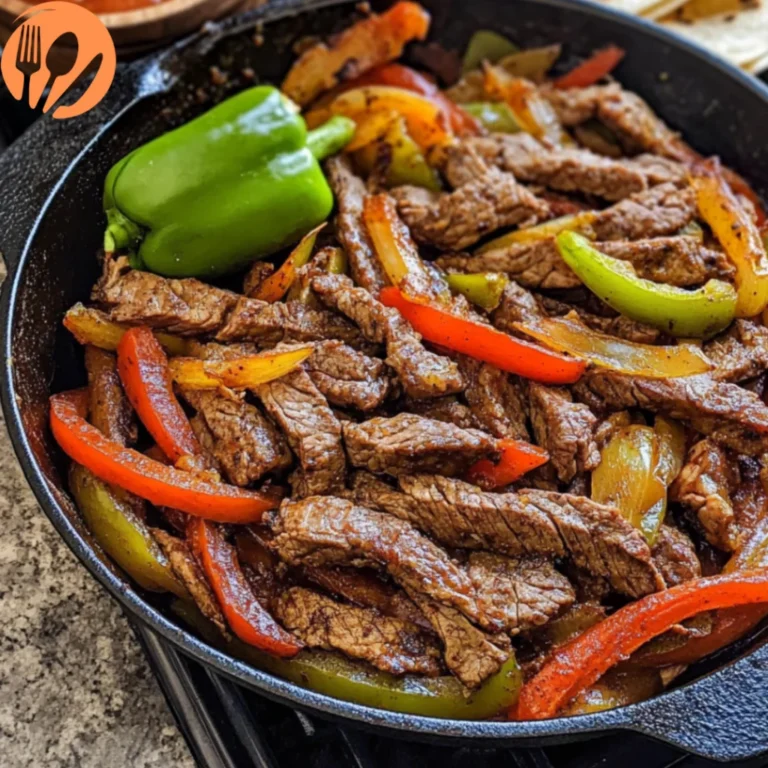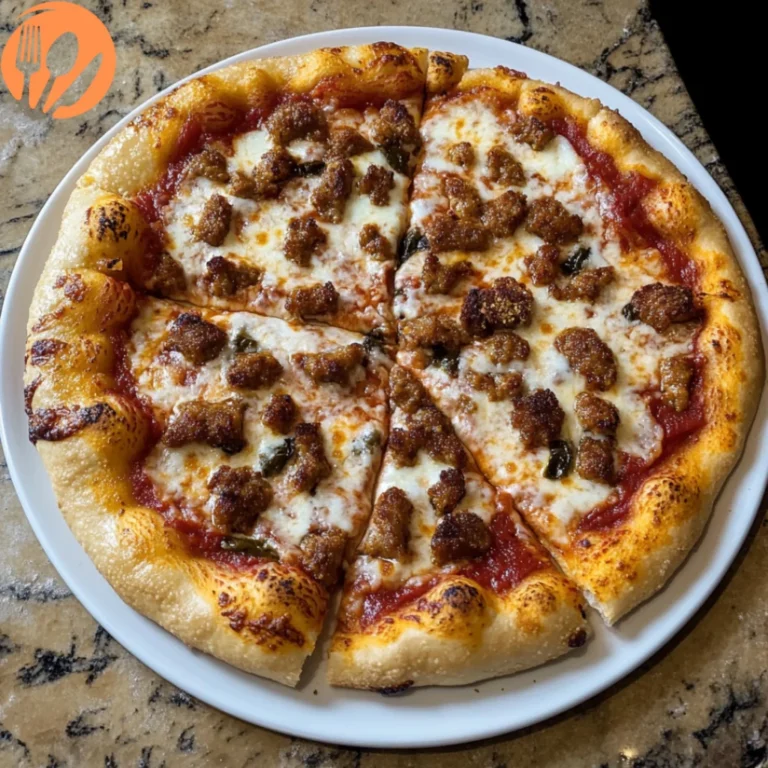Follow Me On Social Media!
Cinnamon Sugar Banana Chips
Introduction
Did you know that the average American consumes only 2.7 servings of fruit per day, falling short of the recommended 4 servings? Here's where Cinnamon Sugar Banana Chips come to the rescue as a delicious and nutritious snack that bridges the gap between healthy eating and satisfying your sweet tooth. These crispy, golden treats transform ordinary bananas into an irresistible snack that's perfect for on-the-go munching, lunchbox additions, or guilt-free movie night treats.
Whether you're looking for a healthier alternative to store-bought chips or want to preserve ripe bananas before they go bad, homemade cinnamon sugar banana chips offer the perfect solution. With just a handful of simple ingredients and minimal prep time, you can create a batch of these naturally sweet, fiber-rich snacks that will have your family asking for more. The warm spices of cinnamon combined with the natural sweetness of bananas create a flavor profile that's both comforting and energizing.

Ingredients List
Creating the perfect batch of cinnamon sugar banana chips requires just a few simple ingredients that you likely already have in your pantry:
Main Ingredients:
- 4 large ripe bananas (slightly firm, not overripe)
- 2 tablespoons granulated sugar
- 1 teaspoon ground cinnamon
- 1 tablespoon fresh lemon juice
- Pinch of sea salt (optional, but recommended)
Optional Flavor Enhancers:
- ¼ teaspoon vanilla extract
- ⅛ teaspoon nutmeg
- ⅛ teaspoon cardamom for exotic flair
Possible Substitutions:
- Sugar alternatives: Coconut sugar, brown sugar, or stevia for lower glycemic options
- Lemon juice substitute: Lime juice or pineapple juice work equally well
- Cinnamon varieties: Ceylon cinnamon offers a sweeter, more delicate flavor than regular cassia cinnamon
- Salt options: Himalayan pink salt or kosher salt can replace sea salt
The key to exceptional banana chips lies in selecting bananas at the perfect ripeness – they should be yellow with minimal brown spots, firm enough to slice cleanly but sweet enough to provide natural sugars that caramelize beautifully during the dehydration process.
Timing
Preparation Time: 15 minutes
Cooking/Dehydrating Time: 6-8 hours (oven method: 2-3 hours)
Total Time: 6 hours 15 minutes to 8 hours 15 minutes
Compared to store-bought banana chips that undergo industrial processing, homemade cinnamon sugar banana chips require patience but reward you with superior flavor and texture. The extended dehydrating time might seem lengthy, but most of it is hands-off, allowing you to go about your day while your dehydrator or oven works its magic.
For those using an oven method, the process is significantly faster but requires more attention to prevent burning. The timing can vary based on banana thickness, humidity levels, and your preferred crispiness level.
Step-by-Step Instructions
Step 1: Prepare Your Workspace and Bananas
Start by washing your bananas and patting them dry. Peel each banana carefully, ensuring you remove any stringy fibers that might affect the final texture. Using a sharp knife or mandoline slicer, cut the bananas into uniform rounds approximately ⅛ to ¼ inch thick. Consistency in thickness is crucial for even dehydration – thicker slices will remain chewy while thinner ones might become overly crispy or burn.
Pro Tip: Slightly diagonal cuts create larger surface areas and more visually appealing chips.
Step 2: Create the Cinnamon Sugar Coating
In a small bowl, whisk together the granulated sugar, ground cinnamon, and salt until evenly combined. The mixture should have a consistent color with no streaks of pure cinnamon. If using additional spices like nutmeg or cardamom, add them now and whisk thoroughly.
Expert Advice: Sifting the cinnamon helps eliminate clumps and ensures even distribution across your banana slices.
Step 3: Prevent Browning with Lemon Treatment
Pour the fresh lemon juice into a large mixing bowl. Add the banana slices and gently toss to coat each piece evenly. The citric acid in lemon juice prevents enzymatic browning and adds a subtle tartness that balances the sweetness. Allow the bananas to sit in the lemon juice for 2-3 minutes for maximum effect.
Step 4: Apply the Cinnamon Sugar Coating
Drain excess lemon juice from the bananas (but don't rinse). Sprinkle the cinnamon sugar mixture over the banana slices and toss gently with clean hands or a spatula until each piece is evenly coated. The slight moisture from the lemon juice helps the coating adhere properly.
Step 5: Arrange for Dehydrating
If using a dehydrator, arrange the coated banana slices on dehydrator trays in a single layer, ensuring pieces don't touch or overlap. For oven method, line baking sheets with parchment paper and arrange slices similarly. Proper spacing allows air circulation and prevents sticking.
Step 6: Begin the Dehydrating Process
Dehydrator Method: Set temperature to 135°F (57°C) and dehydrate for 6-8 hours, rotating trays every 2 hours for even drying.
Oven Method: Preheat oven to lowest setting (170-200°F). Place trays in oven and prop door slightly open with a wooden spoon to allow moisture to escape. Bake for 2-3 hours, flipping chips every 45 minutes.
Quality Check: Properly dehydrated cinnamon sugar banana chips should be crispy with no soft or chewy centers. They'll continue to crisp up slightly as they cool.
Nutritional Information
Per serving (approximately 15 chips):
- Calories: 95
- Protein: 1.2g
- Carbohydrates: 24g
- Dietary Fiber: 2.8g
- Sugars: 18g (naturally occurring + added)
- Fat: 0.3g
- Sodium: 25mg (if salt is included)
- Potassium: 285mg
- Vitamin C: 8% Daily Value
- Vitamin B6: 12% Daily Value
Health Benefits: Bananas are excellent sources of potassium, which supports heart health and proper muscle function. The fiber content aids digestive health and helps maintain stable blood sugar levels. Cinnamon contains antioxidants and may help regulate blood sugar spikes, making these chips a more balanced snack option than traditional processed alternatives.
Healthier Alternatives for the Recipe
Lower Sugar Version: Replace granulated sugar with stevia or monk fruit sweetener, using approximately 1 teaspoon instead of 2 tablespoons. The natural banana sugars still provide plenty of sweetness.
Keto-Friendly Option: While bananas are naturally high in carbs, you can create a keto version using green plantains and erythritol-based sweeteners, though the flavor profile will be less sweet and more savory.
Oil-Free Crisping: Some recipes call for coconut oil, but our version achieves perfect crispiness without added fats, keeping the calorie count lower and the flavor cleaner.
Spice Variations: Create different flavor profiles by substituting cinnamon with pumpkin pie spice, chai spice blend, or even a pinch of cayenne for spicy banana chips that pack heat alongside sweetness.
Diabetic-Friendly: Use a 1:1 sugar substitute like erythritol or xylitol, and consider using slightly less ripe bananas to reduce natural sugar content while maintaining structural integrity during dehydration.
Serving Suggestions
Cinnamon sugar banana chips shine as versatile snacks that complement various foods and occasions:
Breakfast Pairings: Sprinkle over Greek yogurt, oatmeal, or smoothie bowls for added crunch and natural sweetness. They also make excellent additions to homemade granola or trail mix.
Dessert Applications: Use as ice cream toppers, incorporate into homemade cookies, or serve alongside dark chocolate for an elegant dessert platter.
Beverage Companions: Pair with herbal teas like chamomile or rooibos, coffee drinks, or even red wine for sophisticated snacking.
Travel and Lunch Ideas: Pack in school lunches, hiking trips, or office snacks. They're shelf-stable and provide sustained energy without the crash associated with processed snacks.
Party Presentations: Arrange on charcuterie boards with nuts, dried fruits, and cheeses for textural contrast and visual appeal.
Common Mistakes to Avoid
Thickness Inconsistency: Uneven slicing leads to some chips burning while others remain chewy. Invest in a mandoline slicer or practice consistent knife skills for uniform results.
Overcrowding Trays: Overlapping banana slices stick together and don't dehydrate properly. Always leave space between pieces for air circulation.
Temperature Too High: Excessive heat causes the outside to brown rapidly while the inside remains moist, resulting in chewy centers and burnt edges.
Skipping the Lemon Step: Without acid treatment, your cinnamon sugar banana chips will turn brown and develop off-flavors during the long dehydrating process.
Rushing the Process: Under-dehydrated chips lose their crispiness quickly and may develop mold during storage. Patience ensures proper texture and shelf stability.
Using Overripe Bananas: While great for banana bread, overly ripe bananas become mushy during dehydration and don't achieve the desired crispy texture.
Storing Tips
Room Temperature Storage: Store completely cooled cinnamon sugar banana chips in airtight containers for up to 2 weeks. Glass jars or sealed plastic containers work best for maintaining crispiness.
Humidity Control: Add a small packet of food-grade silica gel to storage containers in humid climates to prevent moisture absorption that causes sogginess.
Freezer Storage: For longer preservation, freeze chips in freezer-safe bags for up to 6 months. They can be eaten directly from frozen or allowed to return to room temperature.
Refrigeration Notes: Generally unnecessary for properly dehydrated chips, but refrigeration can extend shelf life in very humid environments.
Freshness Testing: Properly stored chips should remain crispy and maintain their cinnamon-sugar coating. Any softness or stale flavors indicate it's time to make a fresh batch.
Portion Control Storage: Pre-portion chips into small containers or bags for grab-and-go convenience and better portion management.
Conclusion
Creating homemade cinnamon sugar banana chips transforms simple ingredients into a gourmet snack that satisfies cravings while providing genuine nutritional benefits. This recipe proves that healthy eating doesn't require sacrificing flavor or satisfaction – you're simply making smarter choices that happen to taste incredible.
The process might require patience, but the rewards are substantial: you control every ingredient, avoid unnecessary preservatives, and create a snack that's both economical and delicious. Whether you're meal prepping for the week, looking for kid-friendly healthy options, or wanting to preserve overripe bananas, this recipe delivers consistent, crowd-pleasing results.
Ready to create your own batch of these irresistible cinnamon sugar banana chips? Gather your ingredients, set aside some time, and prepare to be amazed by how something so simple can taste so extraordinary. Don't forget to share your results and any creative variations you discover – the best recipes are always improved through shared experiences and creativity!
FAQs
Q: Can I make cinnamon sugar banana chips without a dehydrator?
A: Absolutely! Use your oven set to its lowest temperature (170-200°F) with the door slightly cracked open. The process takes 2-3 hours instead of 6-8, but requires more attention to prevent burning. An air fryer also works well at 160°F for 2-4 hours.
Q: How do I know when my banana chips are properly dehydrated?
A: Perfectly dehydrated cinnamon sugar banana chips should be completely crispy with no soft or chewy centers. They'll make a slight snapping sound when broken and feel completely dry to the touch. If any moisture remains, continue dehydrating in 30-minute intervals.
Q: Why are my banana chips turning brown despite using lemon juice?
A: Brown coloring can result from temperatures that are too high, bananas that were overripe to begin with, or insufficient lemon juice treatment. Ensure your bananas are just ripe (not overly soft), use adequate lemon juice, and maintain proper temperatures throughout the dehydrating process.
Q: Can I use brown bananas for this recipe?
A: Brown, overripe bananas don't work well for banana chips because they become mushy during dehydration and won't achieve the desired crispy texture. Save overripe bananas for smoothies or banana bread, and use firm, yellow bananas with minimal brown spots for chip-making.












